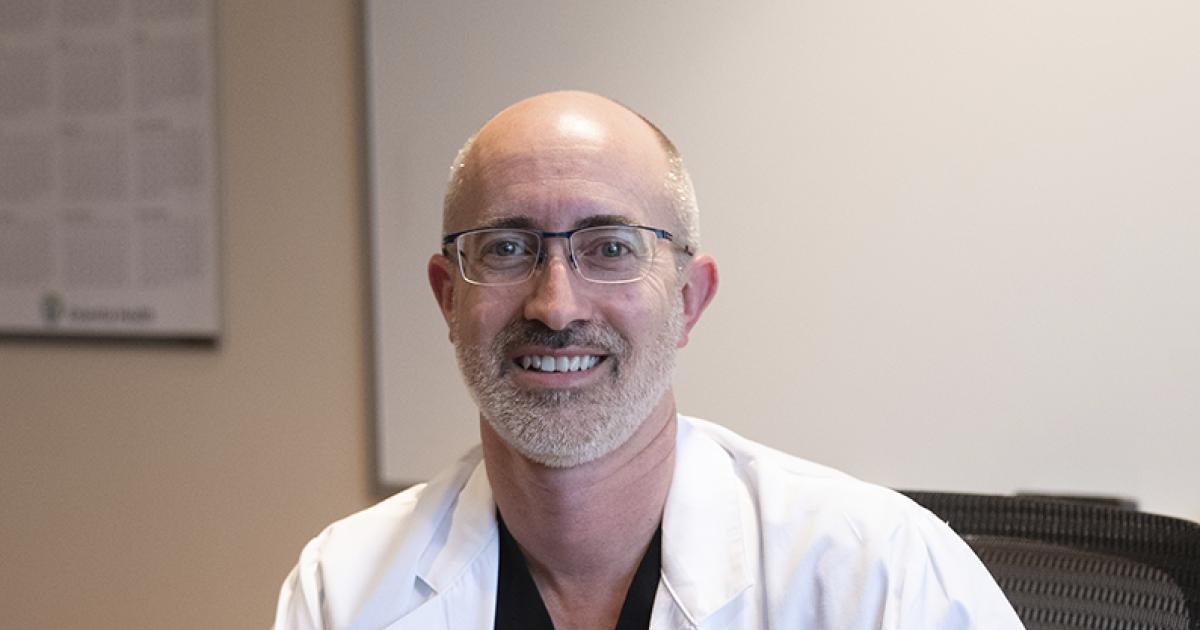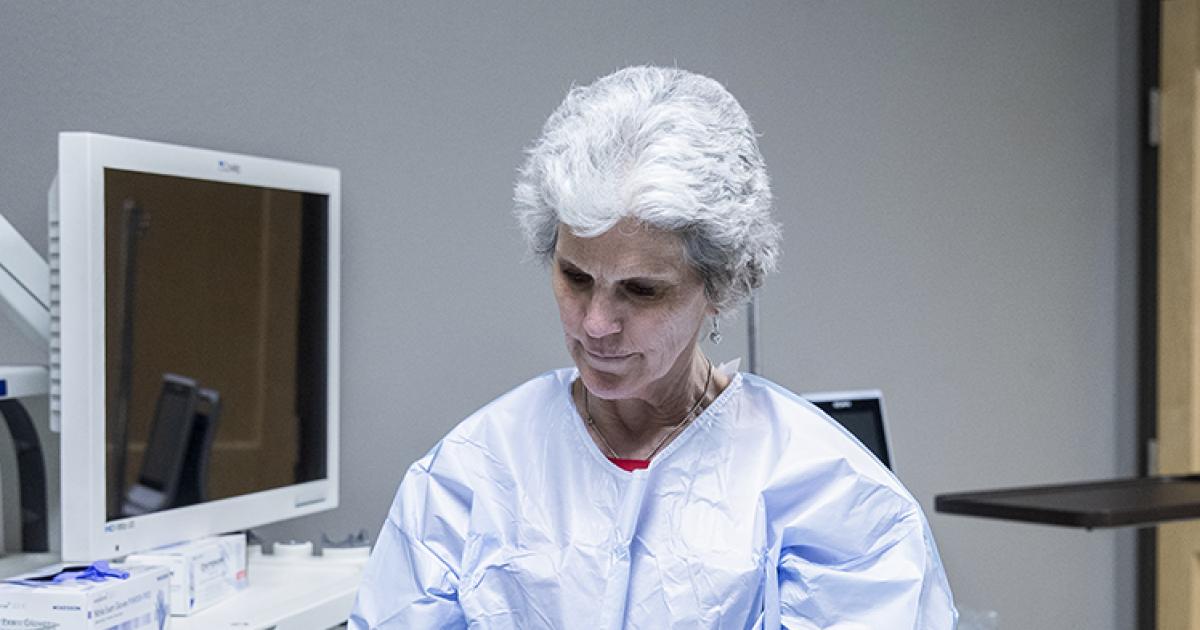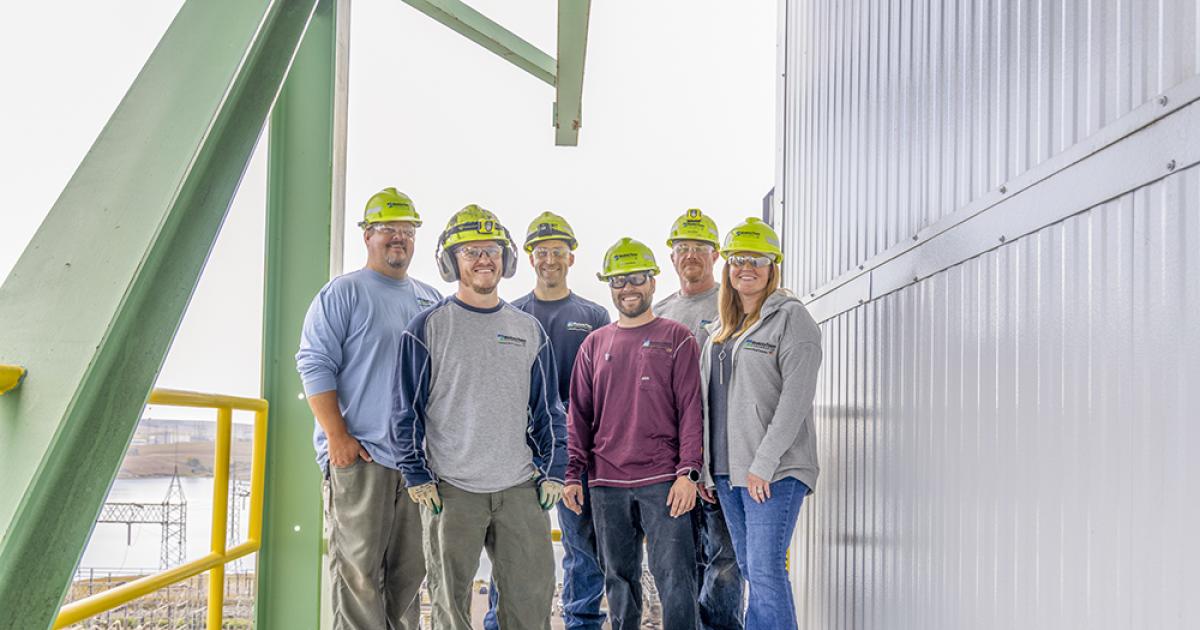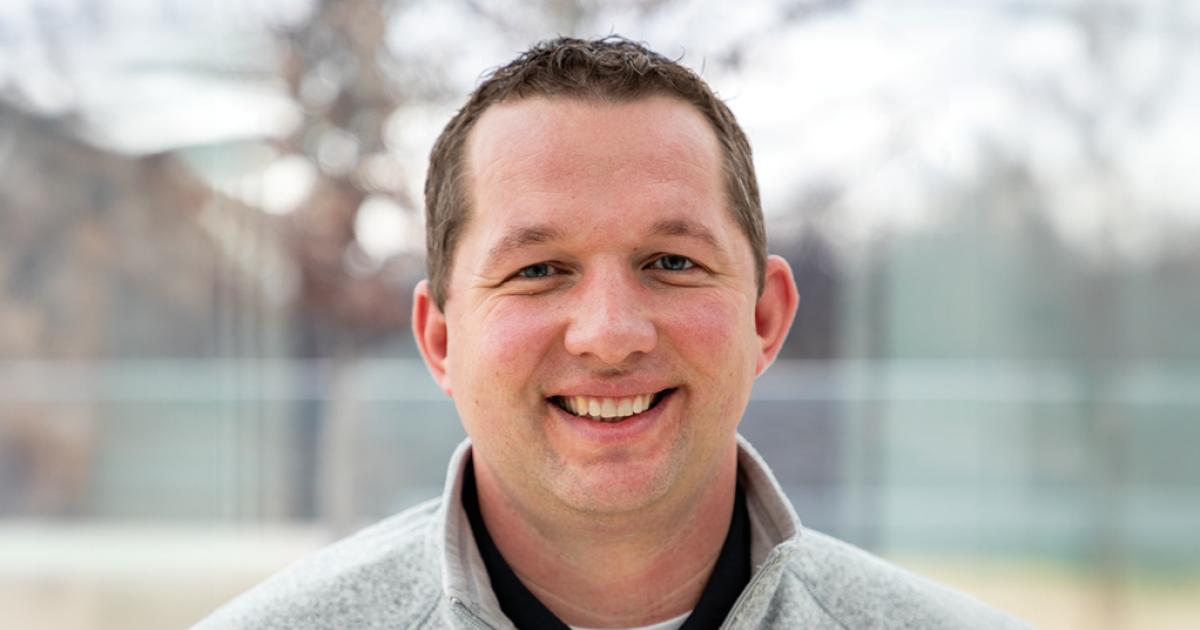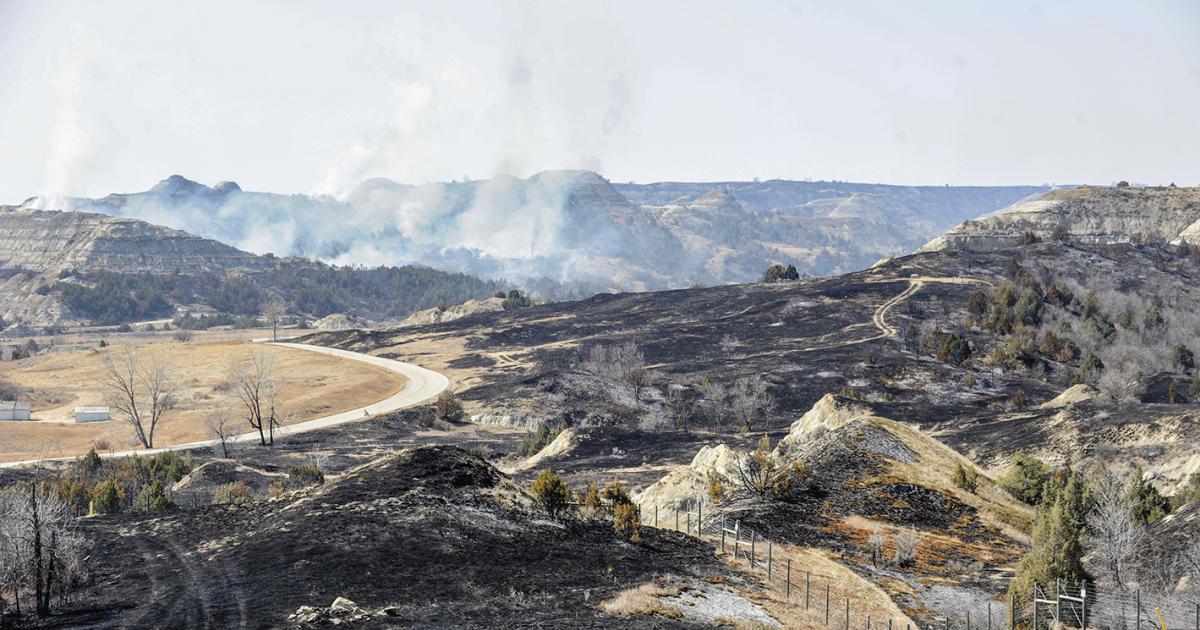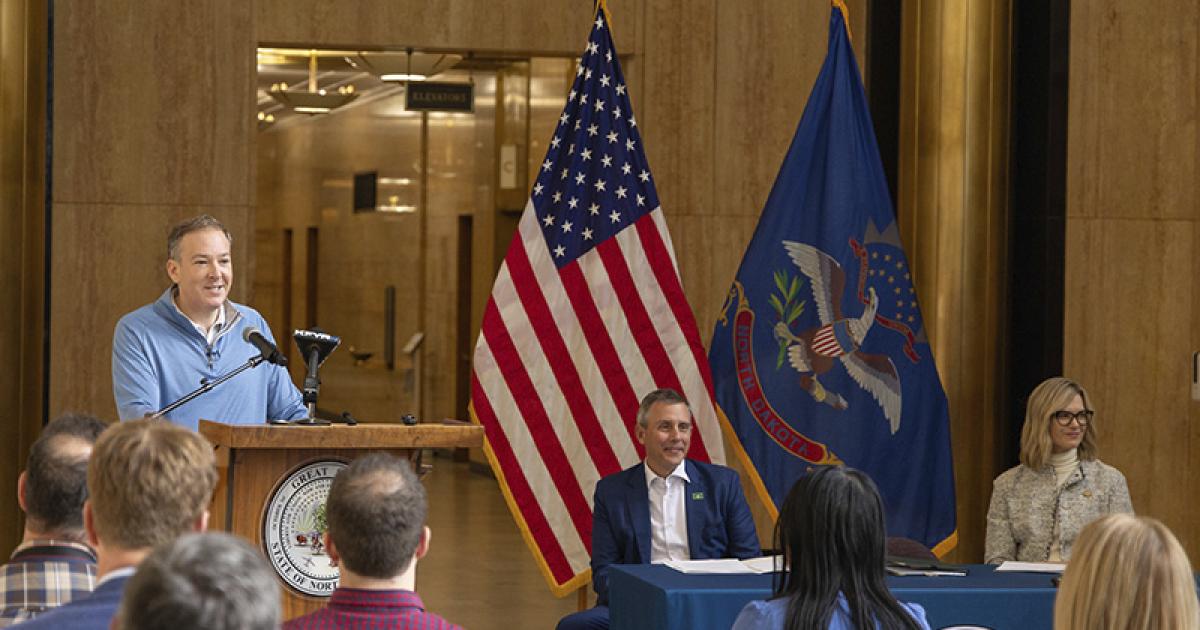Colorectal cancer screening saves lives
Photos by NDAREC/Kennedy DeLap
The conversation around colorectal health is far from glamourous.
“But what in health is glamourous?” says Beverly Greenwald, president of the North Dakota Cancer Coalition and endoscopy nurse of more than 25 years.
Plus, the conversation could save your life.
Colorectal cancer is the second leading cause of cancer deaths in the United States and globally, even though it is one of few largely preventable cancers. It encompasses cancers of the colon and rectum and is caused by polyps in the digestive tract, which are easily removed during routine colonoscopies. If left untouched, however, these tiny masses can turn into cancer over the years and spread throughout the body.
Since 2003, Greenwald has made it her personal mission to make North Dakota the most screened state for colorectal cancer.
“Colon cancer is an equal opportunity disease. Nobody thinks they are going to get it, but the odds nowadays are one in 25,” she says. “I tell people, ‘If I told you your chances are one out of 25 that you are going to win a raffle for a car, how many tickets would you buy?’”
GETTING SCREENED
According to gastroenterology physician Douglas Renton, Essentia Health-Mid Dakota Clinic in Bismarck, he finds polyps in 80% of his patients, and 50% to 60% of those polyps are precancerous.
“They are actually quite common. Thankfully, most of them are small and the risk is small at the time, but the larger the polyp, the greater the risk (of being precancerous or cancerous),” Renton says.
There are no symptoms with early colon cancer: The only way to find it early is through screening or getting a colonoscopy. Screenings with stool-based tests are simple, private, cheap and can even be done at home. However, at-home tests should only be used for people who do not have symptoms and can miss red flags in the early stages, whereas a colonoscopy can remove and prevent cancerous polyps regardless of the stage. Most insurances cover any type of colorectal cancer screening.
“The best test is the one that gets done,” Greenwald says.
In 2021, the U.S. Preventative Services Task Force issued new recommendations for colorectal cancer screenings to begin at age 45 instead of 50, and even earlier if there is a family history. According to the North Dakota Cancer Coalition, 28% of eligible adults in North Dakota are not up to date with this screening.
While a colonoscopy may seem daunting or uncomfortable, both Greenwald and Renton have seen enough in their health careers to know it’s worth it to save a life.
“The worst part is over before you even get to the clinic,” Greenwald says, referring to the pre-procedure colon cleanse patients complete at home. This ensures the doctor has a clear view of the colon.
The procedure itself is a quick 15 to 30 minutes, and sedation makes it seem like a good nap.
“Obviously, taking the prep is not the most pleasant experience, but it is better than being told you have colon cancer,” Renton says.
Greenwald says there are many reasons people do not get screenings. Sometimes, it’s as simple as not knowing they need to be screened. Others may fear the doctor or want to avoid an awkward conversation. But beginning the conversation is a great first step – and asking your loved ones to get screened can make a world of difference.
“Having to tell somebody they have cancer is not an easy thing to do, and it is not an easy thing for the person to hear, but it’s a lot easier to do a colonoscopy than having to go through those conversations and the care that’s afterwards. Although it’s not the most fun thing to do, it is something I have done myself, because it is important for my health. I would rather prevent a major problem than deal with one later down the road,” Renton says. “It can save your life.”
“Anybody in the mood for a colonoscopy yet?” Greenwald says with a laugh.
___
Kennedy DeLap is interning with North Dakota Living. She can be reached at kdelap@ndarec.com.
Editor Cally Peterson’s note: We wish to thank the North Dakota Cancer Coalition for reaching out and providing education about this important topic. When they pitched the story on colorectal cancer screenings, their intent was to reach farmers and ranchers who may not, but should, be getting screened. Their pitch came shortly after I lost someone I loved to colorectal cancer, and it is my personal hope this story inspires more screenings, more conversations and more encouragement by family members. The best thing we can do for the people we love is take care of our health.



